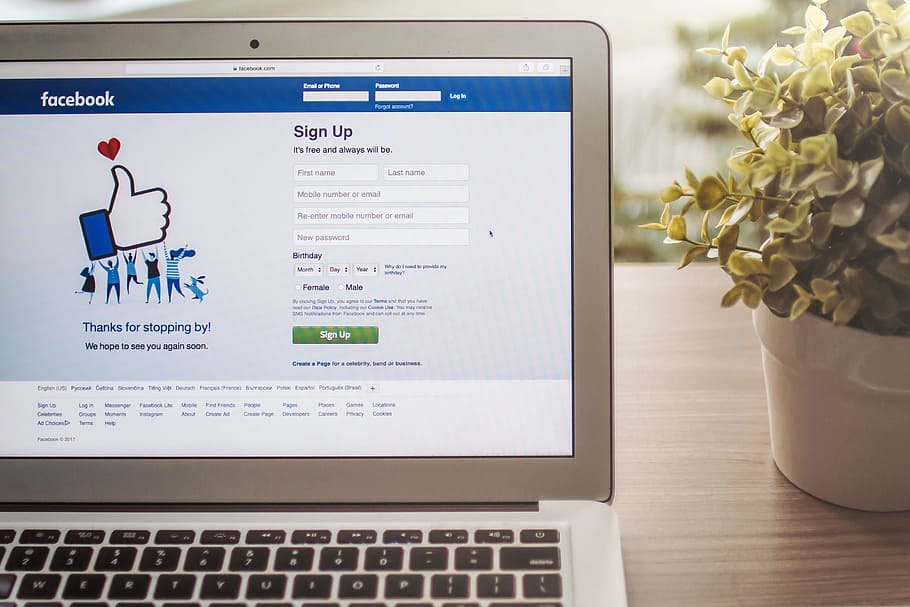I have no shortage of issues with the internet giants. Facebook, Google, Twitter have all employed manipulative algorithms to boost some content creators and silence others. And all have a history of censoring content for political reasons.
I’ve been shadow-banned by Twitter, dinged with “misinformation” strikes from YouTube (despite being correct), and at one point frozen out of my Facebook account for reasons that were never explained to me.
But, in a battle between Big Tech and Big Government, I am rooting against the government.
This week, Bill C-18, promoted as the “Online News Act,” was passed into law in Canada. The bill forces Google and Meta, which owns Facebook and Instagram, to pay media outlets for their content – even though outlets themselves choose to disseminate and promote their content on social media.
The Liberal government made clear in championing C-18 that it believes Google and Meta are “stealing” content – making it all the more incomprehensible that it accused the same companies of “bullying” when they moved to block news content from their platforms.
This is Liberal policy, however, so attempting to find the logic and coherence in it strikes me as wasted effort.
Meta decided it wasn’t going to play ball. The company announced Thursday it would follow through on its previous pledge to ban news content altogether.
"We have repeatedly shared that in order to comply with Bill C-18... content from news outlets, including news publishers and broadcasters, will no longer be available to people accessing our platforms in Canada," Meta said.
Yes, Facebook made the decision. But the blame lies with Justin Trudeau’s government.
Bill C-18 isn’t a one-off – it’s part of a multi-pronged takeover of the internet by Trudeau that has been in progress for years and isn’t near over.
Bill C-11, which forces tech companies to promote government-approved Canadian content, is already law. Companies have to rework their algorithms in ways that will fundamentally alter how Canadians watch shows on Netflix, what music they find on Spotify, and most likely what political content they access on YouTube and elsewhere.
While the government claims this is about promoting Canadian content, I suspect being Canadian won’t be enough to get on the government’s algorithmic good list. The CRTC confirmed this week that it believes broadcast regulations should use a “mandated diversity model” to attain “greater inclusion of Indigenous persons, Black and other racialized persons, and members of other equity-seeking communities in the broadcasting system.”
It’s not hard to imagine a world where, say, content criticizing these outcomes are suppressed, or worse.
The coup de grâce of Trudeau’s seizure of the internet will be the incoming online safety regime, which will streamline and codify internet censorship powers under the guise of reining in objective harms such as child pornography alongside far murkier things like online hate.
While I’d love to see an internet free of hatred, I don’t trust the government to come up with a definition that doesn’t extend into censorship of disagreeable or offensive, but otherwise legally valid, speech.
The online safety regulations are important because most proposed models put social media companies on the hook if they don’t remove material the government deems inappropriate quickly enough.
As I’ve written about in the past, it deputizes tech companies to be government speech enforcers under threat of steep financial penalties if they don’t comply.
We needn’t look further than Australia, where this week the country’s “eSafety Commissioner,” Julie Inman Grant, threatened Twitter with a fine of nearly $700,000 a day if it doesn’t act against supposed “online abuse” within 28 days.
My first exposure to Inman Grant was at Davos last year, where she told the World Economic Forum that we need a “recalibration” of things like freedom of speech. Evidently her recalibration is well underway.
What does this have with C-18?
Well, Facebook is telling the government that’s not interested in playing ball with the Trudeaufication of the internet. We can only hope that keeps up with subsequent rounds of regulations.
I should say that while I laud Meta’s move, I am not pretending its motivations are altruistic or principled. The company has its own financial incentive for resisting the forced subsidy of Canadian media outlets. I suspect Meta is sending a shot across the bow at any other country that wants to try its hand at the same form of extortion.
Independent media outlets – including True North and this newsletter – will be most hurt by this. Squabbling between Twitter and Substack has already limited the ability for this publication to reach new audiences on Twitter. It may soon be blocked from Facebook as well, leaving people forwarding it to friends as one of the few remaining ways to reach new people in any meaningful numbers.
Legacy media outlets were the ones advocating for Bill C-18, because it’s easier to force subsidization from tech giants than it is to look inward and figure out why they’re failing while independent challengers are growing.
For Trudeau, it’s an easier sell to voters to have tech companies pay off the media rather than his own government, though I have little doubt that when push comes to shove he’ll happily cut his preferred media outlets another cheque.
As mentioned above, we have no idea what the regulatory environment will bring, but one way you can ensure that you’re able to read this newsletter is by subscribing. We don’t receive or seek government funds, so we rely on those taking out paid subscriptions to keep us afloat.





Thanks Andrew for your well reasoned comment. I for one am appalled and alarmed at the reach of our governments and the control they plan to enact.